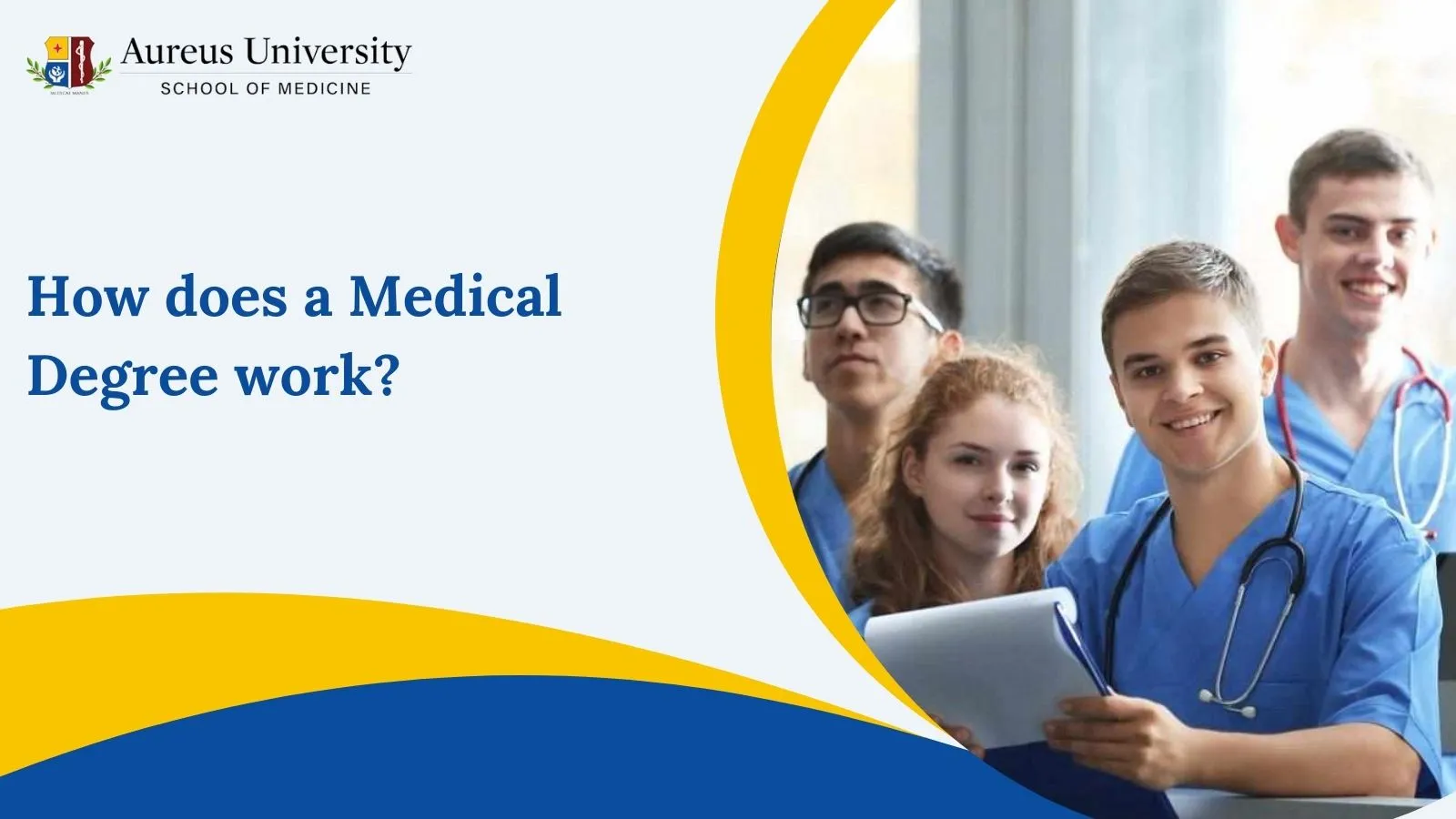How to Study in Medical School?
Studying in medical school is a challenging yet rewarding journey that requires commitment, discipline, and a genuine passion for healthcare. The path to becoming...

Have you ever asked yourself, "How does a medical degree work? " Becoming a doctor is a combination of rigorous academic work, hands-on clinical experience, and a whole lot of personal commitment. In this article, I'd like to tell you what I've learned about this interesting journey—from the initial stages of pre-med coursework to the day you enter a hospital for your first clinical rotation. Whether you're a potential student or simply interested in the process, I hope this window into medical education is inspiring and answers your questions.
Passing exams and sitting through endless lectures aren't the only qualifications for a medical degree. Having a good foundation in the basic sciences is the beginning of this all-inclusive journey. Think of it as setting the stage for everything that comes next. In addition to simply passing courses, biology, chemistry, and physics classes are essential in comprehending how the human body works. Since it sets the groundwork for all advanced learning to come, this initial phase is paramount.
We at Aureus University take pride in providing a balanced education that integrates rigorous classroom instruction with real-world, in-practice experience. By being confident each of our students is properly trained to take on the issues of today's medicine, our model aims to provide the answer to the question, "How does a medical degree work?"
Let’s break down the journey into four main stages:
1. Pre-Medical Foundation
It all begins with a solid pre-medical foundation. During these formative years, you immerse yourself in those subjects that will be critical to a career in medicine. This is all about establishing your foundation of knowledge and learning the analytical thinking required for more complex studies. It's not about memorizing facts and figures—it's about learning to use them meaningfully.
2. Core Medical Curriculum
Once you're in med school, you transition into the core curriculum. This is where all the serious fun starts: learning anatomy, physiology, pharmacology, and pathology in great detail. You begin to look at the human body in a completely different way. This is where you truly get the idea of how a medical degree works because you learn the theoretical concepts that will ultimately inform your clinical practice.
3. Clinical Rotations and Practical Training
The following is where theory comes alive—clinical rotations. This is the most thrilling aspect of the Top Medical School in Caribbean. You actually work in hospitals and clinics, working with patients and learning from practicing physicians. These practical experiences are priceless. They assist in converting the information you've learned in class into real-world skills necessary for patient care.
4. Residency and Specialization
After attending the Top Medical School in Caribbean, the journey does not end there. It goes on to residency programs. There, you select a specialty and specialize in your field of interest. Residency is akin to the last apprenticeship in which you master your skills under the tutelage of experienced professionals. It's during this period that you actually start to sharpen your skills as a physician.
For most students who aspire to become doctors, the conventional pathway isn't the sole choice. Some opt for international programs to expand their world. For example, a 4 Year Medical Degree in Caribbean is an accelerated option for those seeking to enter the workforce quickly. Meanwhile, the 5 Year Medical Degree in Caribean presents a longer program with further clinical experience. Both of these paths offer distinct advantages and can be an excellent match depending on your learning style and professional aspirations.
At Aureus University, we are committed to providing a holistic education right here in India. While we are proud of our conventional method, we also realize the attraction of new models elsewhere. Several students benchmark our programmes with Top Medical School in Caribbean to find out which one best fits their dreams.
One of the best things about the Aureus University experience is how deeply we invest in personalized learning. We realize that each and every student is special, and that's exactly what we approach every student as—an individual whose specific needs must be met. With our talented, experienced faculty and state-of-the-art facilities, combined with a strong foundation in clinical training, you'll learn medicine—never just learn it. This individualized experience is what differentiates us and really responds to the question, "How does a medical degree work?" by fully preparing you for the true-world challenges of medicine.
Learning about how a medical degree operates is more than just learning the classroom curriculum—it's an entire process for becoming a physician. From the early days of pre-med classes to the grueling clinical rotations and residency training, each phase is meant to prepare you for a service and healing-based career.
Whether you opt for a traditional route at an institution such as Aureus University or branch out into more alternative ones like the 4 Year Medical Degree in Caribbean or the 5 Year Medical Degree in Caribean, the important thing is to find the one that best suits your goals and personality. And remember, each doctor's path is individual, and each step takes you closer to being able to make a genuine difference in the lives of others.
Take the challenge, have fun with the learning experience, and follow your heart to the practice of medicine at the Top Medical School in Caribbean. Your path to being a doctor is every bit as compelling as it is challenging, and it begins with knowing exactly how a medical degree functions.
Partager cet article